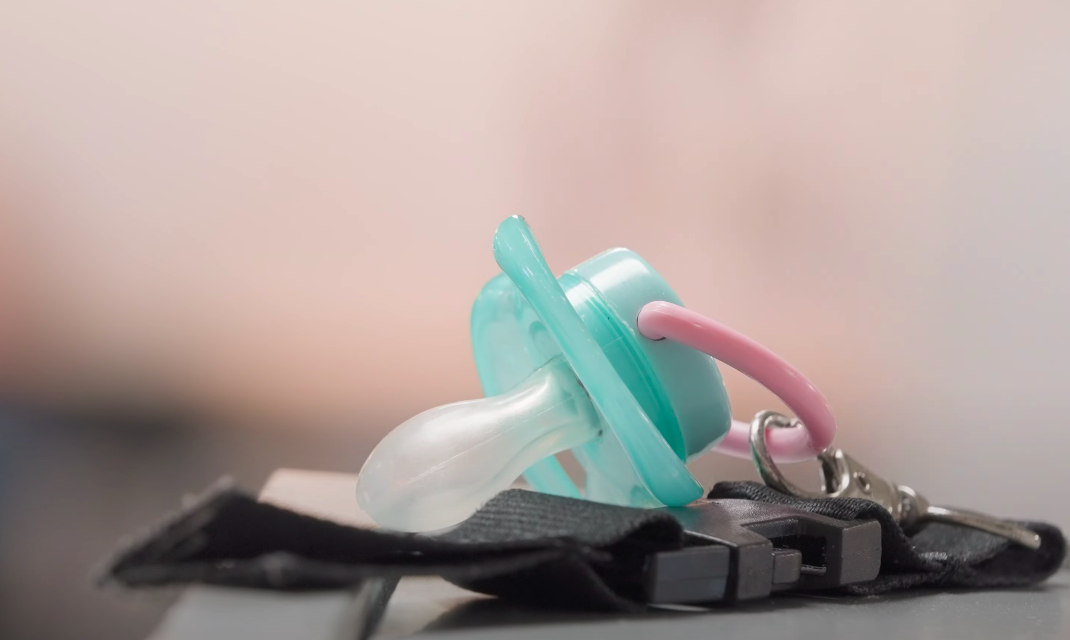
02 Feb Protecting future generations from CMV
*image captured from a video published by Vrije Universiteit Amsterdam
Most of us were born into this world with traits and features that are passed down from our biological parents. Unfortunately, some children were born with a congenital virus infection (present since birth) that can lead to neurological abnormalities as they grow up. This condition is caused by cytomegalovirus (CMV), a genus of viruses in the group of herpes viruses.
What is a CMV infection?
Cytomegalovirus (CMV) is a virus that infects people through bodily fluids such as saliva, tears, urine, blood and even breast milk. After an infection, CMV hides in the body and in most people, does not cause any sickness. However, when a pregnant woman is infected by this virus, it is a different story.
In the Netherlands, 850 children are born with ‘congenital CMV infection’ every year. This occurs when pregnant women (who are infected with CMV) pass down the infection to their unborn child during pregnancy. As a result, their babies are born with congenital CMV infection. While the majority of these children show no symptoms or complaints, in just under a quarter of registered cases, CMV infection results in developmental delay or other neurological problems. Most children suffer from hearing loss.
Is there a vaccine for CMV?
Currently, there are no vaccines to protect ourselves and unborn babies against this virus. “Just like HIV, you would want to prevent unborn babies from being infected by this virus and to keep the amount of virus in the mother as low as possible” said our coordinator Dasja Pajkrt in an interview with NRC, a Dutch daily morning newspaper. “A vaccine for fertile women can protect unborn children against CMV from the early days of pregnancy” she added.
In Amsterdam, a research group based in Amsterdam UMC location AMC known as OrganoVIR Labs is using organoids to study how CMV is infecting humans. Compared to cancerous cell lines and animal models, human organoids provide a much more accurate translation of what causes virus infection in humans. Thus, the time between research and drug development will be minimized.
How can we protect ourselves from CMV?
Despite the absence of a vaccine, there are several actions that we can already take to prevent CMV infection. This includes washing our hands, avoiding kissing a child on the mouth and to avoid sharing pacifiers or cutleries. These actions may be simple but only then, when there is enough awareness about the risk of CMV during pregnancy, will we take the first step to protect ourselves from CMV.
To understand CMV better, click on the button below to read the full article in the NRC.
read here
